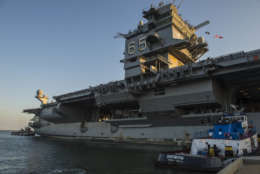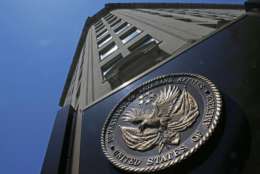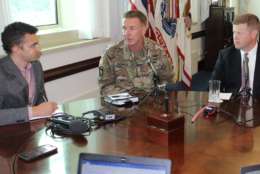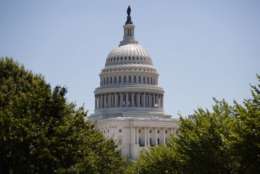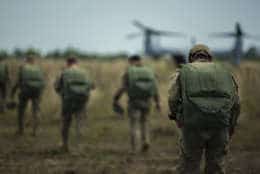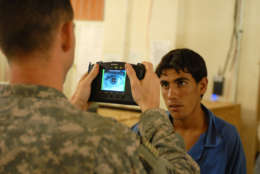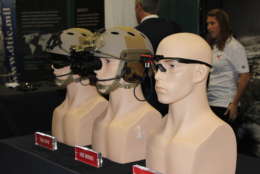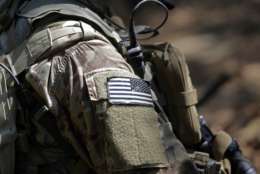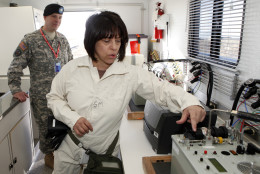Defense
-
It may cost more than $10 billion dollars from signing the contract to smashing a champagne bottle on the bow of a nuclear powered aircraft carrier.
August 27, 2018 -
The Senate last week passed a bill to fund the Defense Department, we all as the departments of Health and Human Services, Labor and Education.
August 27, 2018 -
In today's Federal Newscast, the U.S. Court of Appeals opens up the possibility for veterans to file suit collectively, instead of as individuals.
August 27, 2018 -
The Army’s Futures Command is officially up and running in Austin, and while the command promises to completely reform the service’s equipping practices, it’s also spurring change in the personnel realm.
August 24, 2018 -
Gigi Schumm welcomes Jeanette Manfra from the Office of Cybersecurity and Communications within DHS on this episode of Women of Washington.
August 24, 2018 -
In today's Federal Newscast, the Senate passed a bill funding the Defense Department until the end of September 2019, giving it a total of $675 billion for next year.
August 24, 2018 -
As it seeks a new long-term strategy for its tactical networks, Army leaders say they're aiming to jumpstart the design process by beginning with commercial equipment that's already been proved by the military's special operations forces.
August 24, 2018 -
Annual compendium finds DoD could save $2.3 billion if it implemented just 33 out of its more than 1,500 open recommendations.
August 23, 2018 -
The Army S&T conference showcased new technologies to help soldiers' performance on and off the battlefield.
August 23, 2018 -
Modern capabilities were on display at the 2018 NDIA Army S&T Symposium and Showcase exhibit hall.
August 22, 2018 -
Navy Commander Shawn Clausen is acting chief of epidemiology and analysis at the Armed Forces Health Surveillance Branch of the Military Health System described what the military plans to do about it.
August 22, 2018 -
In today's Federal Newscast, a new report from the Veterans Affairs Department's inspector general finds VBA improperly processed and denied some 1,300 military sexual trauma claims in 2017.
August 22, 2018 -
Intelligence agencies strive to implement AI and machine learning, but struggle to make data available for those machines to chew on.
August 22, 2018 -
In hopes of attracting nontraditional defense business, the Army considers paying for their travel to research labs.
August 21, 2018 -
The Air Force Space Command has the job of detecting and characterizing threats to U.S. space systems. Now it's looking for more contractor help in that effort.
August 21, 2018

